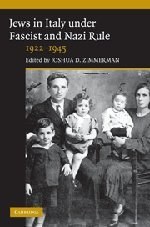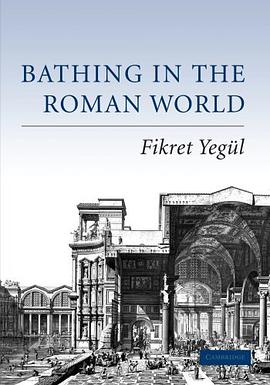

具體描述
Jay W. Baird comes to grips with a theme which has been generally avoided by over two generations of scholars and literary critics. He argues that German literature did not end with the advent of Hitler in 1933, only to be reborn after the fall of the Third Reich in 1945. Baird demonstrates how poets and writers responded enthusiastically to Hitler's summons to artists to create a cultural revolution commensurate with the political radicalism of the new state, thereby affirming the centrality of renewed German culture. Hitler's War Poets focuses on the lives and the works of six leading conservative, anti-communist yet revolutionary authors who articulated the dream of World War I veterans to form a socially just national community. Tradition was redrawn by Rudolf G. Binding, while Josef Magnus Wehner dramatized the link from Flanders fields and Verdun to the Third Reich. Hans Zoberlein exalted anti-Semitism, the Free Corps, and Nazi violence, providing the counterpoint to Edwin Erich Dwinger, who launched an unrelenting assault against 'Jewish-Bolshevism'. The torch was passed to Eberhard Wolfgang Moller, the leading bard of the revolutionary young generation. But it was Kurt Eggers, a tank commander in the 5th SS Panzer Division 'Viking', who delighted Hitler as he appeared as a prophet bearing the testament of Nietzsche's Zarathustra. Taken together, these authors offered the regime significant support. More importantly, their's was a tragic legacy because they provided aesthetic accompaniment to Nazi barbarism and ultimately to the Holocaust.
作者簡介
目錄資訊
讀後感
評分
評分
評分
評分
用戶評價
相關圖書
本站所有內容均為互聯網搜索引擎提供的公開搜索信息,本站不存儲任何數據與內容,任何內容與數據均與本站無關,如有需要請聯繫相關搜索引擎包括但不限於百度,google,bing,sogou 等
© 2026 qciss.net All Rights Reserved. 小哈圖書下載中心 版权所有




















